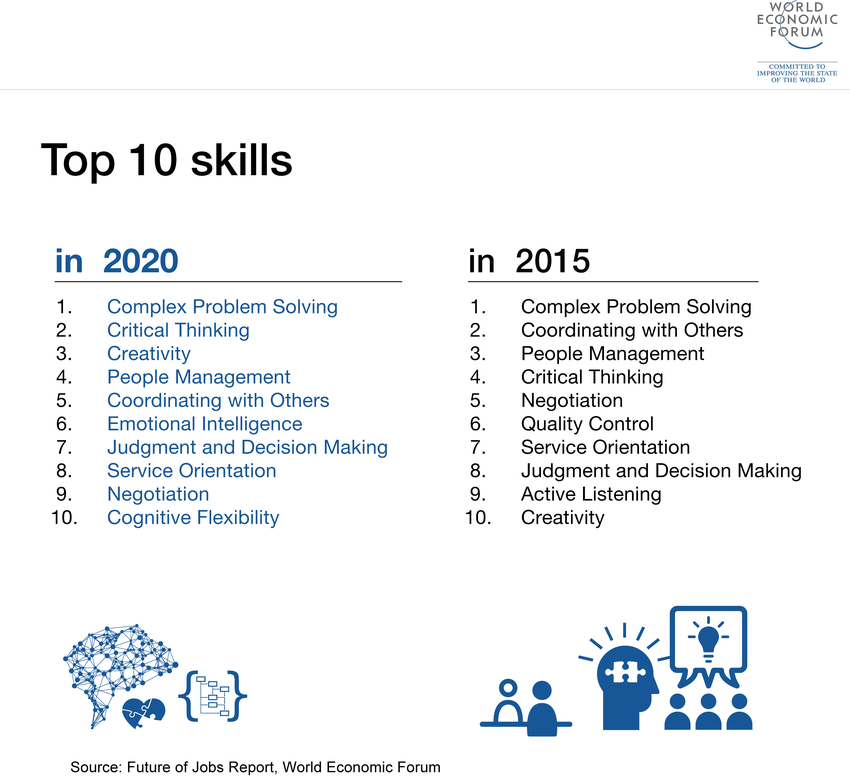Why your teams should be doing more design thinking
One of the most useful skills needed by people and organisations wanting to thrive in the Fourth Industrial Revolution.
If there is one major business outcome, the need for which has been radically amplified by the Covid-19 pandemic - it's innovation.
Businesses in every sector desperately need to develop new products, methods, techniques and value to better service markets which have shifted considerably in 2020.
Innovation however is something which is poorly understood. Many companies believe it to be risky, a big investment into something that is unproven.
All of which are completely valid points - if you don't have a mindset that welcomes exploration and creative thinking.
The World Economic Forum lists creative problem solving, agility and the ability to think like an innovator as some of the most useful skills needed by people and organisations wanting to thrive in the Fourth Industrial Revolution; skills that all require a certain way of thinking.

What is design thinking?
Design thinking is a simple, practical methodology that is most useful for teams in just about every industry.
Design thinking is a structured process that involves (1) developing a deep understanding of the customer need by considering multiple perspectives. From there it involves (2) a clear and thorough understanding of the specific problem or opportunity, a (3) structured process of ideation, (4) prototyping of multiple ideas, (5) testing and finally (6) documentation of learning and ongoing iteration.
It's not a one-off activity - it's a mindset that teams buy into and get better at over time.
There is clearly a recognised process, but what often works best is when organisations develop their own style of approach to design thinking.
Why design thinking works as the the foundation of innovation
Because it is thinking that is rooted in the ever changing and shifting landscape of customer needs - not the entrenched paradigm of what is currently possible within an organisation.
It is a perspective which hinge on change and understanding 'what's going on out there'.
Having used design thinking for many years with teams at some of the most recognised and successful e-commerce and fintech brands in South Africa - I have facilitated a lot of design thinking workshops.
I've trained teams to develop their own rules and style of design thinking and methods to quell resistance and get the very best out of the time they invest in the process.
It works well as a mental foundation for long-term innovation development. It's not the only methodology that delivers value, but it's an excellent place to start if you are wanting to explore opportunities for growth more intentionally.
BTW - if you are looking for design thinking training for your team, or need an experienced facilitator to help you navigate the process of design thinking for a specific project, then please do get in touch with me here.





